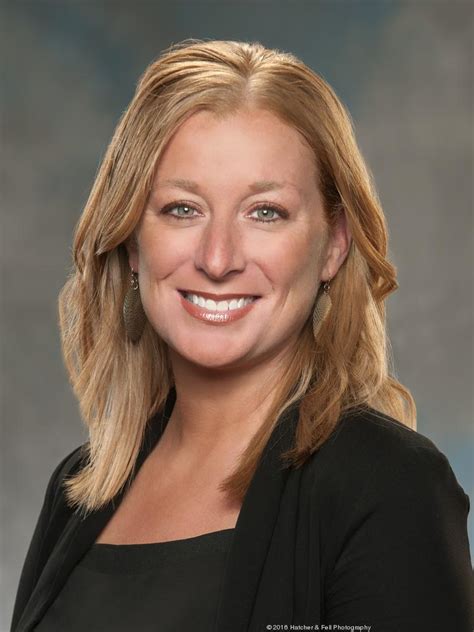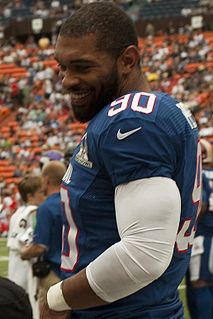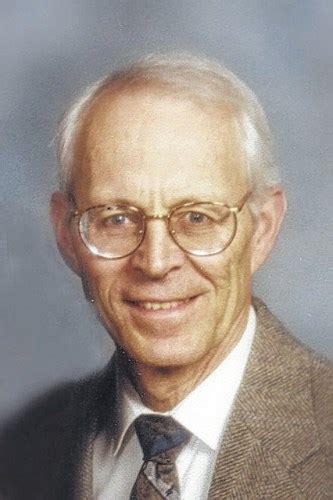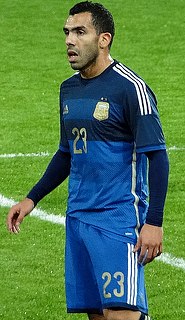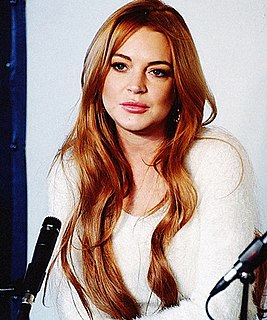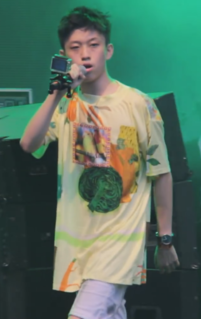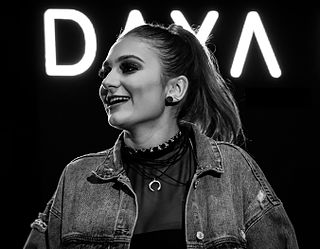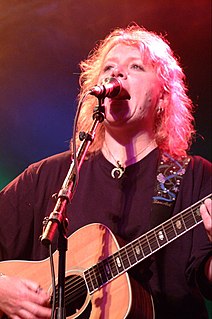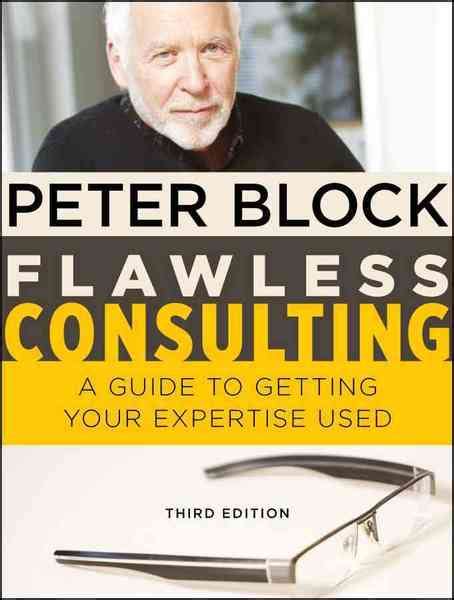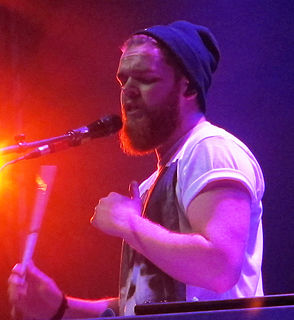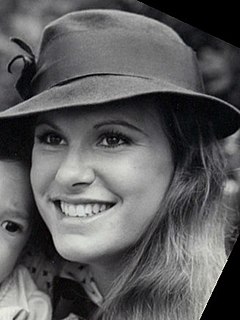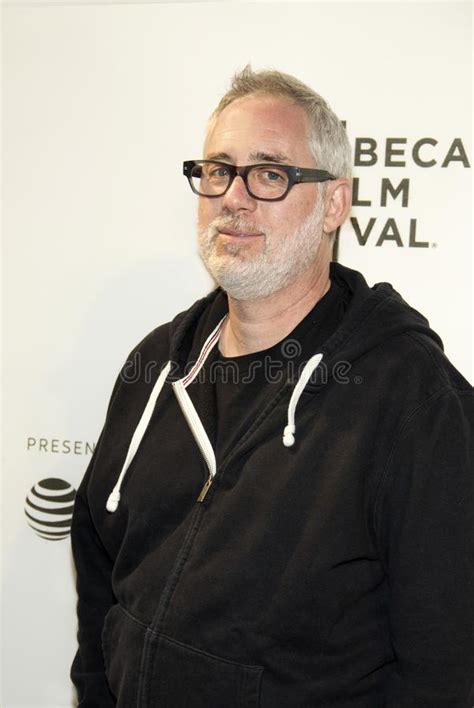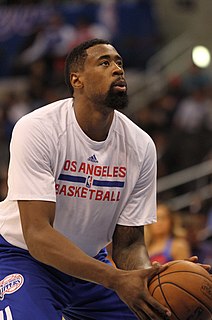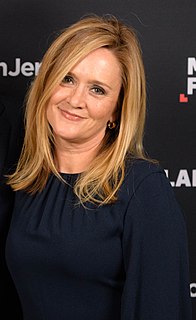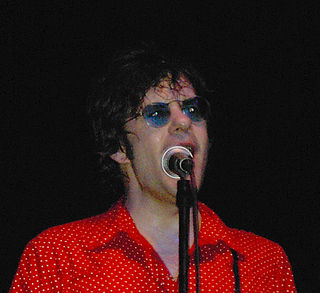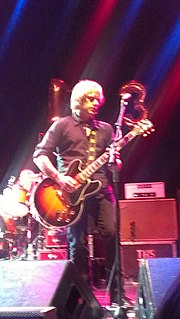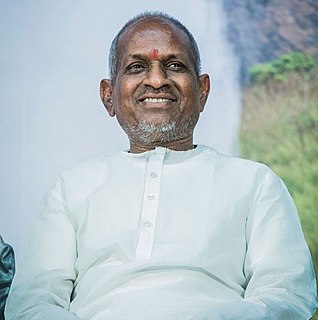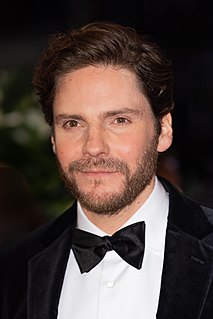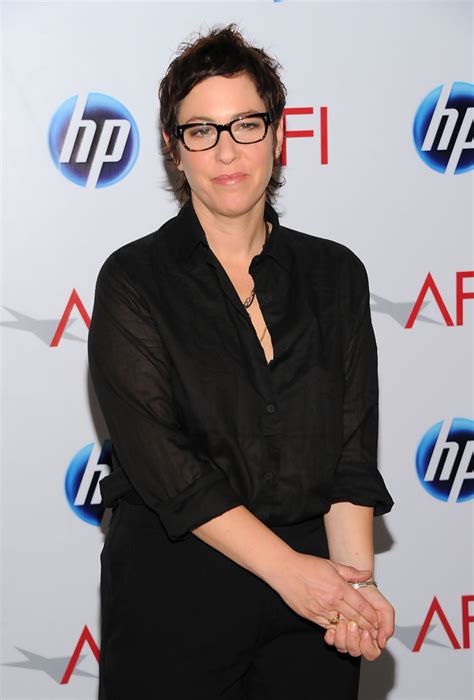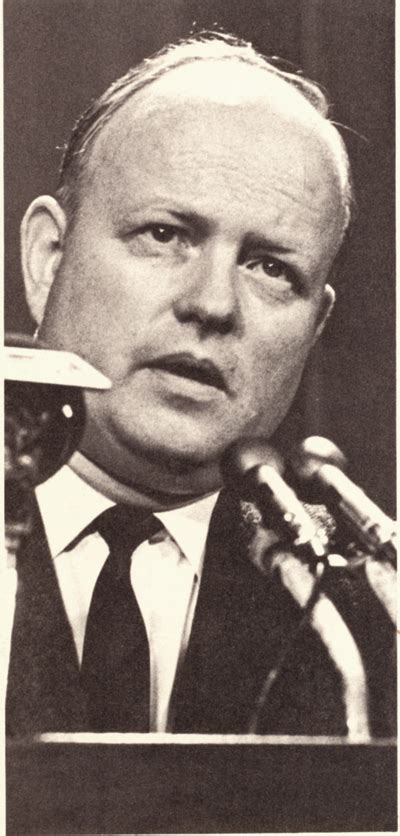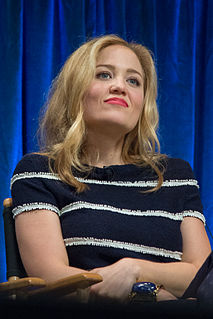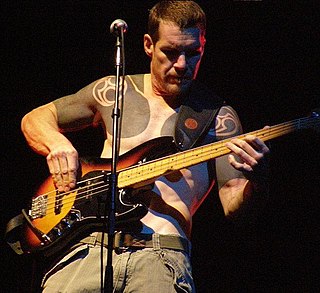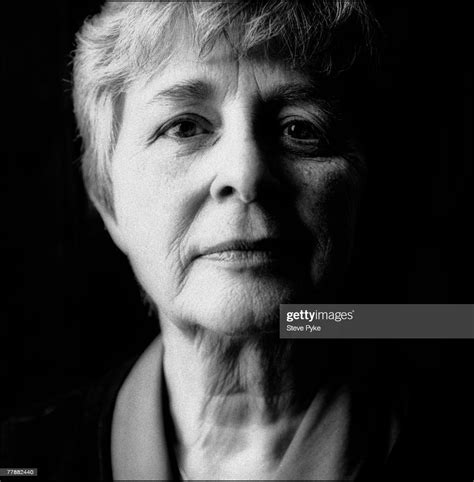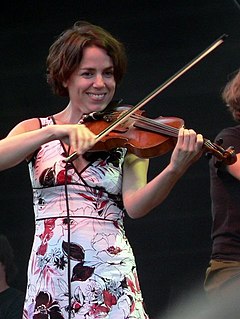Top 1200 Learning How To Write Quotes & Sayings - Page 17
Explore popular Learning How To Write quotes.
Last updated on November 28, 2024.
How do I let the director know how obsessed I am and willing to do anything for the movie? Like, I wanted to write this one director a letter, so I wrote him a handwritten note. But then I was like, 'How many people are writing this guy handwritten letters? Is it going to seem cheesy? What do I do?'
You have to surrender to your mediocrity, and just write. Because it's hard, really hard, to write even a crappy book. But it's better to write a book that kind of sucks rather than no book at all, as you wait around to magically become Faulkner. No one is going to write your book for you and you can't write anybody's book but your own.
We absolutely must leave room for doubt or there is no progress and there is no learning. There is no learning without having to pose a question. And a question requires doubt. People search for certainty. But there is no certainty. People are terrified — how can you live and not know? It is not odd at all. You only think you know, as a matter of fact. And most of your actions are based on incomplete knowledge and you really don’t know what it is all about, or what the purpose of the world is, or know a great deal of other things. It is possible to live and not know.
Be undeniably good. When people ask me how do you make it in show business or whatever, what I always tell them & nobody ever takes note of it 'cause it's not the answer they wanted to hear-what they want to hear is here's how you get an agent, here's how you write a script, here's how you do this-but I always say, “Be so good they can't ignore you.” If somebody's thinking, “How can I be really good?” people are going to come to you. It's much easier doing it that way than going to cocktail parties.
Like anyone else, a lot of what I do and how I think has been shaped by my family and my overall life experience. Many who know me say I am also defined by my curiosity and thirst for learning. I buy more books than I can finish. I sign up for more online courses than I can complete. I fundamentally believe that if you are not learning new things, you stop doing great and useful things. So family, curiosity and hunger for knowledge all define me.
I try to write for highest common denominator. I don't write for dumb people. I figure if everybody doesn't get it, that's OK. Someone bright enough will get it, and that's who I write for. It's probably not the way to make million-sellers. What can I say? I won't apologize for trying to write for smart people.
You realize after you travel enough that there's some things that, no matter how good you are at making television, no matter how good your cameras are, how well it's edited, there's no way the lenses could have captured the moment, and there's no way you will ever be able to write about it and do it justice.
I believe that coaches and athletes should realize that the athletic department field, court or diamond can be made an extension of the classroom, a place where you and your teammates are learning more than just how to prepare to win. The field, the court, and the diamond should be places where athletes are constantly learning about the game in which they participate, about their coaches and teammates, and perhaps most importantly, about themselves.
Since philosophy is the art which teaches us how to live, and since children need to learn it as much as we do at other ages, why do we not instruct them in it? .. But in truth I know nothing about the philosophy of education except this: that the greatest and the most important difficulty known to human learning seems to lie in that area which treats how to bring up children and how to educate them.
There are 45 million children in Africa who are not in school. While other children are learning, exploring, and growing in the myriad ways that children were meant to grow, these children are trapped in a life of constant struggle. Without education, how can they be expected to escape such struggle? How can their children?
The first five years as a writer, I didn't know how to write at all. I couldn't write my way out of a white paper bag. And yet, I did some remarkable things. And later on, there were periods where I got this mission to find an articulate voice with rewrites and all. There were periods where I was as dense as Faulkner.
I got a new 4-track cassette recorder a year or so after high school. For a while I would just stare at it thinking, how am I going to do this if I don't play guitar or keyboards? How am I going to write and record a song if I don't know how to play any instruments? I mean, I played the violin, but I didn't know anything about how to work a 4-track.


